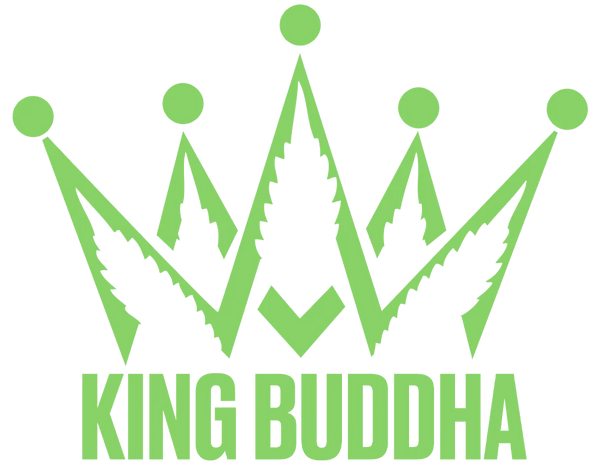
CANNABIDIOL (CBD): Overview, Uses, Side Effects, Precautions, Interactions, Dosing.
Share
Cannabidiol, or CBD, is one of over 100+ active compounds in the cannabis plant. These active compounds, known as cannabinoids, affect your body in many different ways. CBD is a non-psychoactive compound, meaning it won't make you high. THC, another cannabinoid, is the psychoactive compound that will give you the feeling of being high. CBD has quickly gained favor among those seeking a different approach to everyday wellness.
CBD is available in many different forms, such as oil, capsules, gummies, and even beauty products. You can even find CBD for pets!, and the amount of CBD in each product can vary. It’s also important to note that the FDA has not approved CBD for any medical conditions. Research on CBD is ongoing but still in its early stages. The National Institutes of Health (NIH) is currently funding clinical trials to examine the safety and effectiveness of CBD in treating various health conditions.
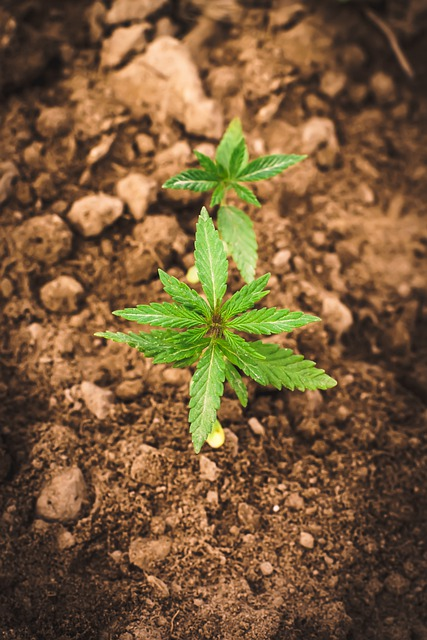
History of Hemp (CBD)
For centuries, hemp has been a cornerstone of human history. Its use dates back thousands of years and Queen Victoria even used CBD to alleviate her menstrual cramps in the 19th century! Hemp was so popular when English colonists left for America that they took it with them. Once planted on American soil, there seemed no limit to its versatile uses - from treating ailments like George Washington did at Mount Vernon, powering ships as their rope anchors or simply inscribing our Constitution onto hemp paper (yes- you read that right!). Even into modern times cannabis had remained an essential component; It wasn't until 1900s before being removed off the $10 bill where it'd previously resided since colonial days
As early as the 1900s, many states in the US began to restrict access and usage of cannabis extracts containing high levels of tetrahydrocannabinol (THC) due to its psychoactive effects. In 1960 however, Dr. Raphael Mechoulam was able non-psychoactive cannabidiol (CBD), a compound found within certain types of cannabis plants that do not produce any form intoxication when consumed.. Unfortunately even CBD could no longer be legally used after 1970’s passage of The Controlled Substances Act finally prohibiting all forms Cannabis throughout America.
The Benefits of CBD?
CBD has been proven to be effective in treating a variety of conditions, including anxiety, chronic pain, insomnia, and even certain types of cancer. Studies have also shown that CBD can help reduce inflammation and improve overall physical health. Additionally, it has been found to be beneficial for mental health issues such as depression and PTSD.
One major benefit of using CBD is its ability to reduce stress levels and promote relaxation. By interacting with the body’s endocannabinoid system, The endocannabinoid system (ECS) is an important biological system found in all mammals. It is composed of specialized receptors and molecules called cannabinoids that are involved in regulating a variety of physiological processes, such as pain sensation, appetite, mood, and memory.
Cannabinoids interact with the ECS by binding to cannabinoid receptors located throughout the body. This interaction triggers certain responses that help maintain homeostasis or balance within the body. Studies suggest that CBD works with the ECS to provide therapeutic benefits for several conditions by affecting how cells communicate with each other. For example, it may reduce inflammation, regulate sleep cycles, and even promote neurogenesis—the growth of new neurons in the brain!
THE ENDOCANNABINOID SYSTEM
The cannabinoid compounds in cannabis create changes in the body through interactions with the endocannabinoid system (ECS). The ECS is a vital part of every human body and permeates nearly every facet of growth, survival, and wellbeing. Although the chemical interactions differ, you can think of the endocannabinoid system in similar terms as the endocrine (hormone) system in that naturally occurring compounds bind with various receptors to send “signals” and create changes in the body. Cannabinoid receptors sit on the surface of cells and wait for these signals. They transmit information about changing conditions to the inside of the cell, bringing about the desired response.
Endocannabinoids and their associated receptors are found throughout the body. Because they are in the brain, organs, connective tissue, glands and immune cells, the ECS influences a broad range of physiological processes. Thus far, scientists have concluded that the ECS has a direct impact on one’s mood, memory, pain-sensation, sleep cycle, body temperature, appetite, and metabolism. As you can imagine, this makes it important to keep the ECS in good balance!
Our understanding of the endocannabinoid system began to accumulate in the late 1980s. The earliest discoveries centered around THC and its effects on CB1 receptors. Since then, scientists have identified a second receptor (CB2) and suspect that there may be even more to be uncovered and studied.
There are definite differences between CB1 and CB2 receptors, not only in terms of their location, but the action that they perform. CB1 receptors are mostly found in the central and peripheral nervous systems, while CB2 receptors are clustered mostly in the immune system and other periphery structures. It is common to find both receptors within the same organ or system, but they will typically perform completely different actions within.
Let’s go back to that hormone analogy. Your body uses hormones like testosterone, cortisol, and estrogen in countless different ways. While these hormones or their precursors can be introduced into the body from outside, much of these hormones are created naturally within the body. If these hormones go out of balance, the body and mind will usually suffer. The negative effects can include weight gain, fatigue, heart problems, rapid aging, muscle loss, poor sleep, and diabetes. Treatment of such imbalances typically include hormone replacement therapy in which natural production of the diminished hormone(s) is supplemented to bring it to an optimal level.
This is similar in many ways to how researchers view the endocannabinoid system. While your body naturally creates a handful of endocannabinoids to control the ECS, these natural levels can go off balance, causing any number of negative effects.
Thankfully, the ECS can also be stimulated by plant-based cannabinoids called phytocannabinoids which are found in the cannabis plant. Though not produced in the human body, these compounds are a molecular match and therefore able to “signal” the same receptors. Scientists have discovered more than 113 different cannabinoids within the cannabis plant, each with their own effects and chemical profiles.
Small doses of phytocannabinoids derived from cannabis can signal the body to increase natural endogenous cannabinoid production and to build additional cannabinoid receptors. (This may explain why some people don’t experience results from cannabinoid use on the first try, but instead after multiple doses.)
The main goal of the ECS and of cannabinoid treatments is homeostasis. Homeostasis is the concept that biological systems are internally regulated to maintain conditions within a certain “operating range”. Conditions need to be optimized for cellular performance, and exquisite mechanisms have evolved to draw them back to the correct zone in a constant dance of checks and corrections. The body temperature must be just so; insulin levels should be just so; hormone production should be just so; and the body attempts to maintain this optimized state.
● Every human has an endocannabinoid system, as do most animals
● A functional endocannabinoid system (ECS) is essential for optimal health
● The phytocannabinoids in cannabis plants mimic the natural compounds produced in the body
● There are over 85 known cannabinoids in the cannabis plant
● The ECS tries to maintain homeostasis in the body for optimal performance
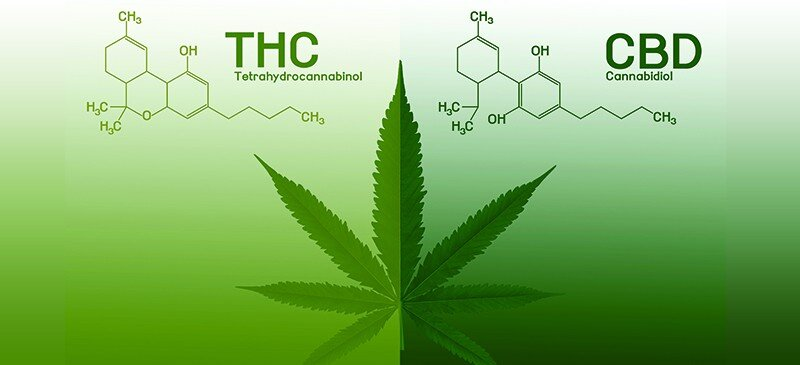
The Difference Between CBD and THC
CBD and THC are similar in many ways; they are both derived from cannabis plants, they interact with the body's endocannabinoid system, and they have many potential health benefits. However, there is one key difference between CBD and THC: psychoactivity. THC is the cannabinoid that gets users high, while CBD does not have any psychoactive effects.
This difference is due to the fact that THC binds to the CB1 receptors in the brain, while CBD does not. The CB1 receptors are responsible for mediating cognitive function, pain perception, appetite, etc. When THC binds to these receptors, it alters their function and causes the psychoactive effects associated with marijuana use. CBD, on the other hand, does not bind to CB1 receptors (or any receptors in the brain for that matter). This is why CBD cannot get you high.
With so many different types of CBD on the market, it can be hard to know which one is right for you. In this blog post, we'll break down the difference between broad spectrum CBD, full spectrum CBD, and CBD isolate so that you can make an informed decision about which type of CBD is right for your needs.
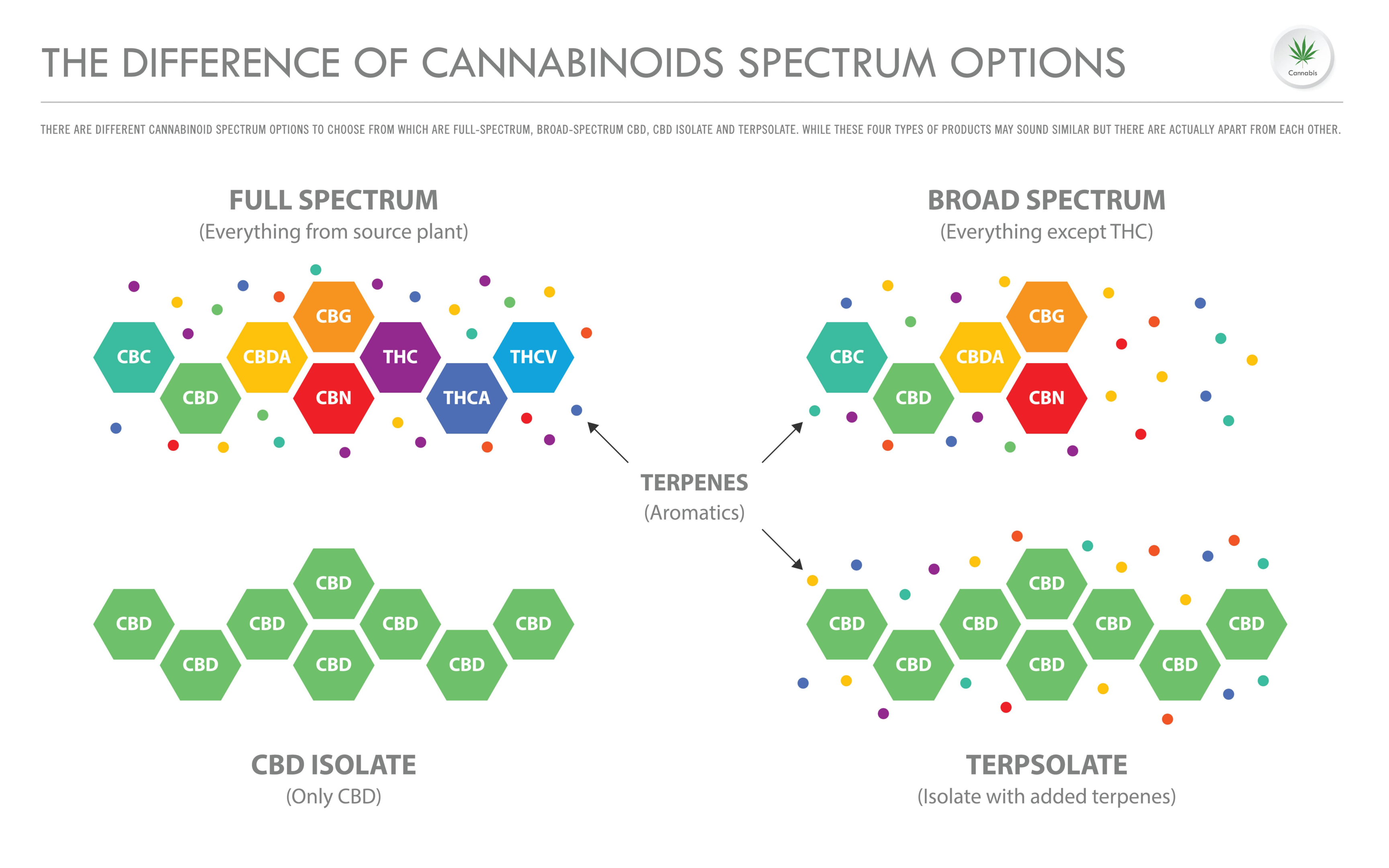
CBD extract types:
CBD extract types include Full Spectrum CBD Oil, Broad Spectrum CBD Oil, and Isolate CBD oil.
Full spectrum contains all of the cannabinoids present in hemp plants including THC, CBG, and CBN. This provides an entourage effect that can be beneficial in providing additional therapeutic effects when compared to taking just one cannabinoid alone.
FULL SPECTRUM CBD OIL = SOME THC
Broad spectrum extract contains a number of cannabinoids but excludes THC. This type of extract is ideal for those who wish to avoid the psychoactive effects of THC or need to follow certain drug screening policies.
Isolate CBD oil is made up of pure cannabidiol with no other compounds present. This type of oil is the most concentrated form available and best for those looking for maximum potency.
ISOLATE = ONLY CBD
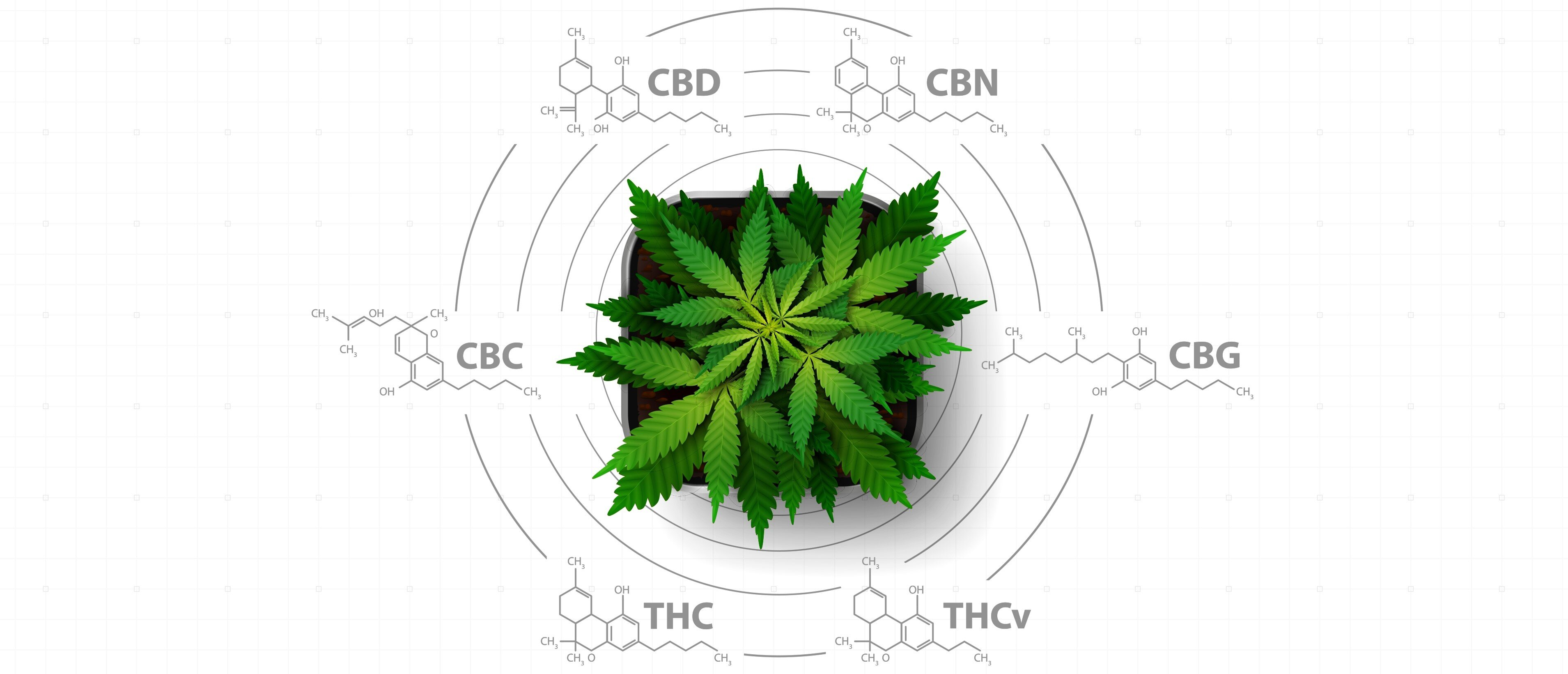
What is CBD (Cannabidiol), CBG (Cannabigerol), CBN (Cannabinol)?
CBD, CBG and CBN are the three main cannabinoids present in hemp plants. CBD has been the most widely studied cannabinoid due to its potential medical benefits and natural composition. Over the years, the potential medical benefits of CBD have only continued to grow. The US government even patented CBD in 2003 as they recognized its potential medicinal properties.
The Entourage Effect is a phenomenon where all components of full spectrum CBD oil are interacting together providing additional benefits than when taken alone. Full Spectrum CBD oil contains other cannabinoids such as CBG and CBN which may provide additional therapeutic effects. Furthermore, this mixture of compounds also contains essential oils, terpenes and flavonoids which can provide their own unique set of health benefits when used together.
In conclusion, Full Spectrum CBD oil is gaining popularity due to its potential health benefits and natural composition. It may be effective at reducing inflammation, relieving pain, improving mood and providing relief from stress and anxiety. However, it is important to note that while full spectrum CBD may have many potential benefits, the studies on this are still in their infancy and more research is needed before any definitive conclusions can be drawn. Additionally, broad spectrum CBD extract does not contain THC and can be a better choice for those who wish to avoid its psychoactive effects or who must follow certain drug screening policies. Ultimately it is always best to consult with a healthcare professional before starting any new supplement or medication.
Tell me the Entourage Effect?
The Entourage Effect is a phenomenon in which all of the compounds found in hemp plants, including THC, CBG and CBN, act together to create a synergistic effect. This means that each compound works together to produce therapeutic effects that are greater than if any of the individual compounds were used on their own. Specifically, CBD is thought to enhance the effects of other active components found within hemp plants such as terpenes and flavonoids. The entourage effect has been studied extensively and is believed to be one of the main factors that makes full spectrum CBD oil so effective for many different conditions and ailments.
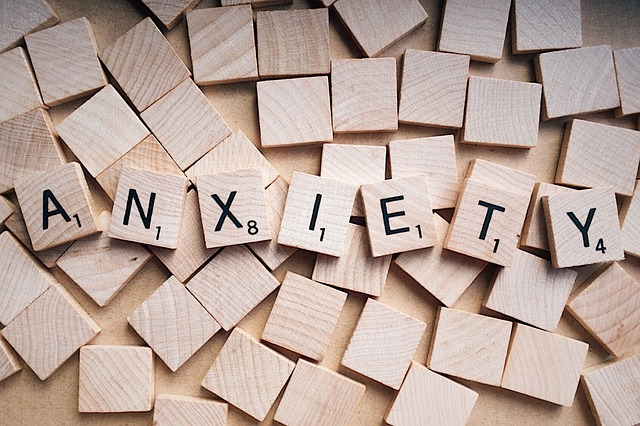
CBD for Anxiety?
For people struggling with anxiety, CBD may be a useful treatment option. In addition to its ability to reduce stress levels and promote relaxation, CBD can also help regulate the body’s response to stress. This could lead to improved sleep quality and better overall mental health outcomes. Studies have also shown that CBD can help reduce the symptoms of panic disorder and post-traumatic stress disorder (PTSD).
Furthermore, research suggests that CBD may be an effective alternative to pharmaceutical drugs for some cases of anxiety. Many prescription medications used to treat anxiety come with unwanted side effects such as drowsiness or dependency. Unlike these drugs, CBD is non-addictive and does not produce any psychoactive effects.
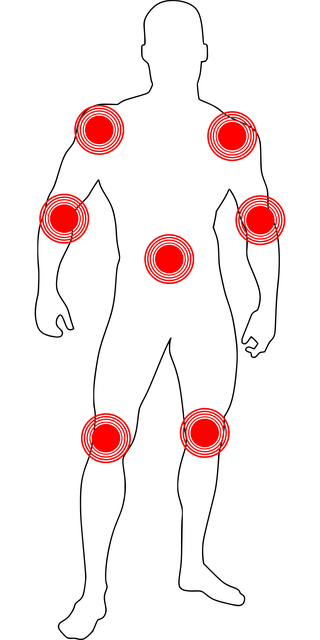
CBD for Pain?
CBD has been found to be effective in reducing chronic pain, including nerve pain and inflammation. Studies have shown that CBD can help reduce the intensity of pain, improve sleep quality, and increase mobility. This could lead to improved physical health outcomes and a better overall quality of life for those dealing with chronic pain.
The Final Word?
CBD is an increasingly popular supplement that has been proven to be effective in treating a variety of conditions. It is non-addictive and does not produce psychoactive effects, making it an attractive alternative to pharmaceutical drugs for some cases of anxiety and chronic pain. If you’re looking for a natural treatment option, consider giving CBD a try!

CBD For Better Sleep?
CBD has been touted as a natural remedy for improving sleep quality. Promoting relaxation, and reducing stress levels and pain intensity can help you get a better night’s rest. While research is limited, studies suggest that CBD could be an effective treatment option for people struggling with insomnia or other sleep disorders. If you’re looking to improve your overall health, give CBD a try and see how it works for you!
For more information on the benefits of adding CBD supplements to your routine, check King Buddha SLEEP products. Here you will find additional tips and advice on using CBD to get a better night’s rest. Good luck in getting the best.
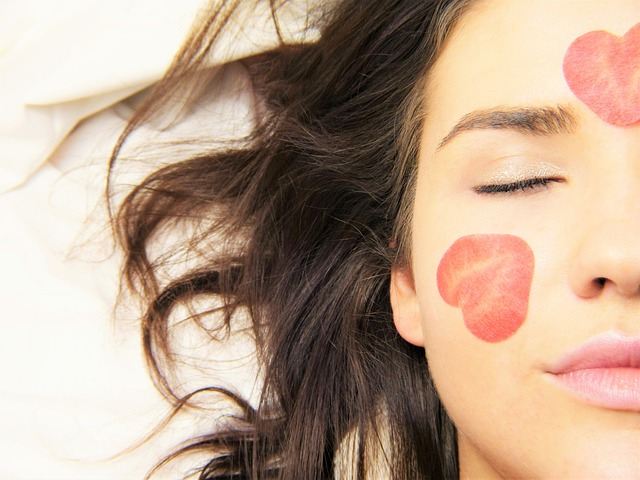
CBD For Skin Conditions?
CBD is also being studied for its potential benefits in treating various skin conditions. Studies suggest that CBD can help reduce inflammation and redness, as well as regulate oil production. This could lead to improved skin texture, fewer breakouts, and a healthier complexion. Additionally, CBD’s antioxidant and anti-aging properties may help improve the appearance of wrinkles or other signs of aging.
While research on using CBD for skin health is still ongoing, it shows promise as a natural treatment option. If you’re looking to improve your overall skin health and get better results from your skincare routine, give CBD a try!
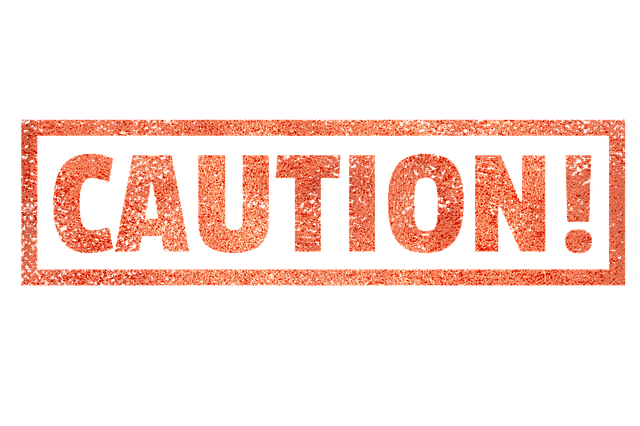
Special precautions and warnings
Pregnant and breastfeeding: CBD is not considered safe for babies when taking the drug. CBD products can contain a range of other chemicals that are toxins that could harm a baby. Take precautions and avoid dangerous situations. Children: It is safe for children to take specific CBD products (Epidiolex) in varying amounts. It can be used with children under one year for a variety of medical conditions. Other CBD products may be safer for kids. Those suffering from kidney failure may require more dosages of CBD to treat their symptoms.
CBD side effects?
In general, CBD is considered to be a safe and well-tolerated supplement with few side effects.CBD can cause some side effects, such as dry mouth, low blood pressure, light headedness, and drowsiness. However, it can interact with certain medications, so it is important to speak to your doctor before taking CBD. Side effects may include fatigue, nausea, or changes in appetite. If you experience any of these symptoms or if you notice any other adverse reactions after taking CBD, stop using the product immediately and consult your doctor.
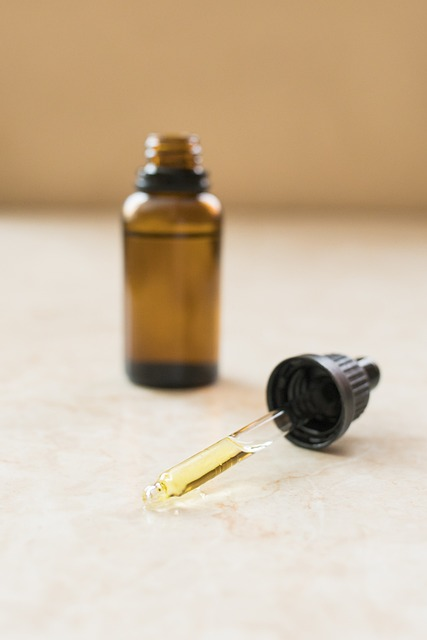
How to take CBD?
There are several ways to take CBD, and the best method for you will depend on your personal needs and preferences. Common methods include ingesting capsules or tinctures, applying topicals, inhaling with a vaping device, or consuming edibles.
CBD is available in many forms; just make sure that the product you choose is third-party tested and certified by an independent lab. CBD should also be taken at the recommended dosage on the package; if you have any questions or concerns about taking CBD, speak to your doctor before starting treatment.
With its potential health benefits, CBD could be an effective addition to your daily routine. If you’re looking for a natural remedy for improving overall well-being.
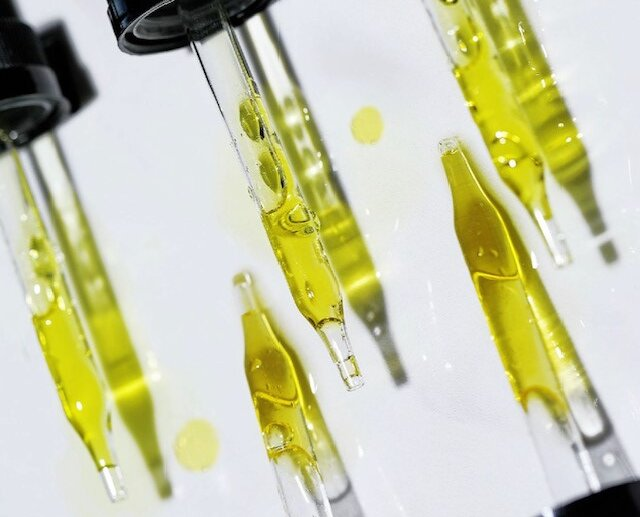
What's the Right Dose for Me?
Dosing is very specific; there isn't a particular ratio or dose that fits everyone. Your ideal serving size depends on many factors including:
•Size
•Weight
•Physiological considerations
•Age
•Health
•Metabolism
•Circulation
•Mode of administration
•Desired goals
CBD has most often been used by adults in doses of 200 mg or less per day, but again, the right dosage depends on many factors. Speak with a healthcare provider to find out what dose might be best for a specific condition. Every CBD product should have the mg dosage listed on the label.
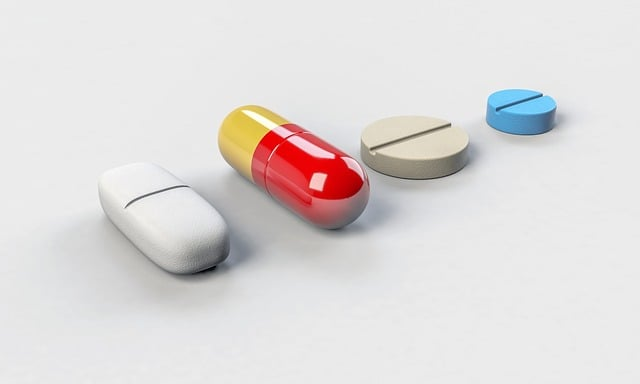
What drug interactions occur with CBD?
CBD could speed up or slow down the body's breakdown of certain prescription drugs and, therefore, decrease or increase levels of these drugs in the body.
Examples of drugs that may increase blood levels of CBD include the following:
•Various drugs used to treat epilepsy (including brivaracetam, carbamazepine, clobazam, and topiramate)
•Everolimus and tacrolimus, drugs used, for example, to prevent rejection after an organ transplant
•Methadone (used to treat opioid addiction)
•Other drugs, including amitriptyline (a tricyclic antidepressant sometimes used for treatment of chronic pain), warfarin (a blood thinner), omeprazole (a type of drug called a proton pump inhibitor, used to decrease production of stomach acid), nicotine, lithium (a mood stabilizer), and ketamine (an anesthetic occasionally used to treat depression)
CBD could interact in other ways with other drugs, such as
•Sedatives, such as benzodiazepines, phenobarbital, and morphine, as well as alcohol: CBD can cause sleepiness and drowsiness, so taking both CBD and sedatives might make people too drowsy.
•Phenytoin and rifampin: may lower the levels of CBD.
•Levothyroxine, warfarin, and some antiseizure drugs: CBD may increase serum concentrations of these drugs, thereby intensifying and increasing their effects.
•Valproic acid: Both valproic acid and CBD can cause liver injury, so the combination of CBD and valproic acid might increase the chance of liver injury.
•This list is not exhaustive. There may be other medications that interact with CBD that have not yet been studied. You should always speak with your healthcare provider before taking any CBD products to help avoid potential interactions.
What is the Farm Bill?
The farm bill is a package of legislation passed roughly every five years that has a large impact on farming livelihoods, how our food is grown, and what kind of agriculture can be grown legally.
Signed by President Trump on December 20th 2018 and implemented by the U.S. Department of Agriculture (USDA), the latest Farm Bill allows pilot programs to study hemp and hemp-derived products while also outlining actions that are considered violations of the federal hemp law, including such activities as cultivating hemp without a license or producing cannabis with more than .3 percent Delta 9 THC.
Delta 8 THC is legally allowed under the latest Farm Bill, as it does not fit the definition of marijuana under the Controlled Substance Act and is derived from the legal hemp plant.
CBD is an increasingly popular supplement that has been studied for its potential benefits in treating a variety of conditions, such as anxiety and chronic pain. It is generally well-tolerated with few side effects and is non-addictive, making it an attractive alternative to pharmaceutical drugs in some cases. If you’re looking for a natural remedy, consider giving CBD a try! However, it is important to speak to your doctor before using any supplement or starting any treatment program. With more research into the therapeutic activity of cannabis compounds like CBD, we will continue to gain insights into the possible health benefits of this powerful plant medicine.
To learn more about all things CBD, sign up for our email list, read our CBD Learn page, check out our CBD oil, gummies, and Topicals or drop us a line.
· CBD may be promising as a sleep aid; one of the side effects of the Epidiolex trials for epilepsy was drowsiness, according to Mr. - https://www.nytimes.com/2019/10/16/style/self-care/cbd-oil-benefits.html
· More than 60 percent of CBD users have taken it for anxiety, according to a survey of 5,000 people, conducted by the Brightfield Group, a cannabis market research firm. - https://www.nytimes.com/2019/10/16/style/self-care/cbd-oil-benefits.html
· More than 60 percent of CBD users were taking it for anxiety, according to a survey of 5,000 people. - https://www.nytimes.com/2019/10/16/style/self-care/cbd-oil-benefits.html
· And according to preclinical evidence from rodent studies, CBD may have beneficial effects on pain and inflammation related to arthritis, but human studies are lacking ( 10 ). - https://www.healthline.com/nutrition/cbd-oil-benefits
· According to a report from the World Health Organization, "In humans, CBD exhibits no effects indicative of any abuse or dependence potential…. - https://www.health.harvard.edu/blog/cannabidiol-cbd-what-we-know-and-what-we-dont-2018082414476
